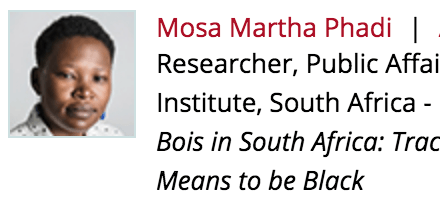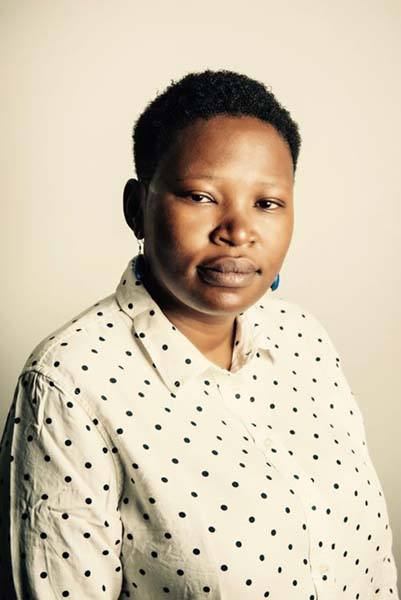Mosa Phadi has been accepted in to the African Humanities Program from the American Council of Learned Societies.
Through fellowship competitions, regional workshops, and peer networking, the African Humanities Program provides support to the humanities in five African countries, including Ghana, Nigeria, South Africa, Tanzania, and Uganda. The centerpiece of the programme is the distribution of fellowships to African scholars in these countries for work on dissertations, research projects, and scholarly manuscripts. The programme has been running for ten years to further the following goals:
- to encourage and enable the production of new knowledge and new directions for research
- to strengthen the capacity of early career researchers and faculty at African universities
- to build the field of humanities by establishing networks for scholarly communication across Africa and with Africanists worldwide.
Dr Phadi‘s fellowship period runs from 1 August 2018 to 30 June 2019, and will see her travelling to Ghana to do archival research on W.E.B. Du Bois in South Africa: Tracing What it Means to be Black. See her profile here.
ABSTRACT
W.E.B. Du Bois’ contribution to scholarship is often neglected in the academy. Morris echoes this sad reality in his book, “The Denied Scholar” (2015). This reality is also pervasive in the South African Academy: seldom academics rigorously use his work to understand the present context. This tragic reality is worth lamenting, especially since Du Bois’ work strongly informed some of the prominent intellectuals in the African National Congress (ANC). In tracing his legacy and reviving the important role he played in shaping South African politics, this project proposes to use Du Bois’ work as an entry point to delineating articulations of what it means to be Black that have emanated from some prominent South African intellectuals. Through archival material, the project will draw on the writing and correspondence he had with South African leaders to map out the alternative worlds imagined. Additionally, the project will consider how their shared vision of liberation links to the present realities of South Africa.



